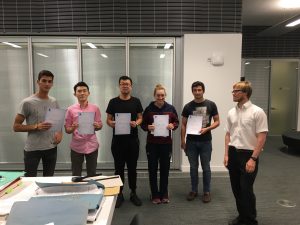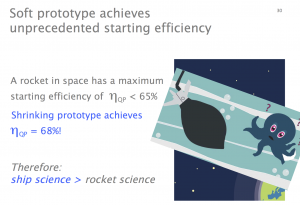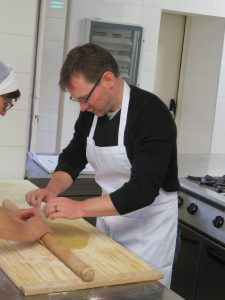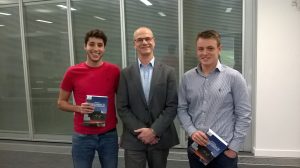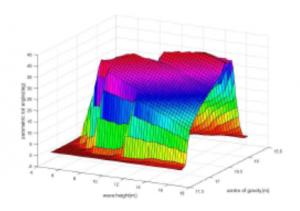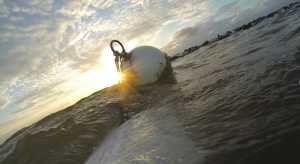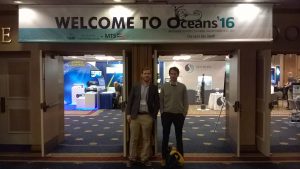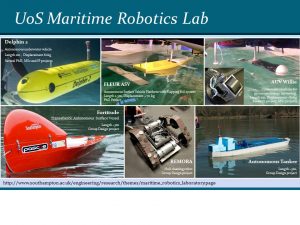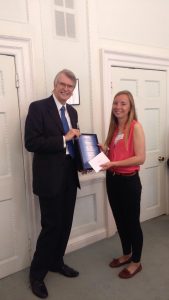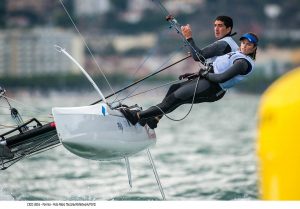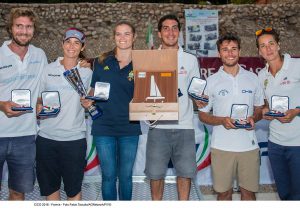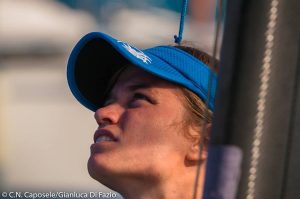In recent years there has been an increasing trend of utilising hydrofoils to reduce drag and enhance the performance of high speed sailing vessels, following the developments of the International Moth class and the AC72s in the 34th America’s Cup. With this current interest growing within the marine industry, it is an exciting opportunity to establish a research platform acting as an interface to effectively carry out experimental testing of innovative hydrofoil technology.
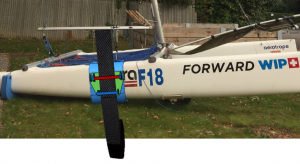
Our aim is to create this research platform by retrofitting a NACRA F18 catamaran using two J-shaped foils to facilitate foiling. In addition, two T-foil rudders will be designed and manufactured from composite materials. A pod system inserted onto the existing daggerboard cases, seen in Fig. 1, will also be developed to attach the J-foils to the side of the boat. The rudders will be designed to have interchangeable wings, allowing for different combinations of main foils and rudder tips to be used. This will permit the investigation into effects of alternative designs. These are the two main features that affect the forces acting on the boat and are therefore very important when developing a foiling craft.
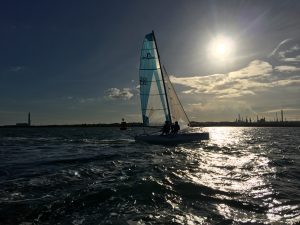
In order to analyse the boat’s response to real world conditions and to collect performance data such as speed, acceleration, roll, rate of turn and foils force, a suitable data acquisition system will also be developed. We aim to provide a good basis for further hydrofoil research to be carried out within the University and hope to encourage more curious minds to pursue naval architecture!
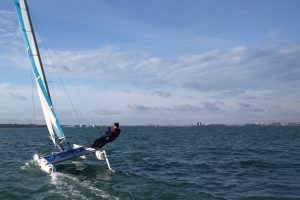
If you want to find out more about the project as it goes forward please visit their facebook page https://www.facebook.com/TheVolantiProject/

